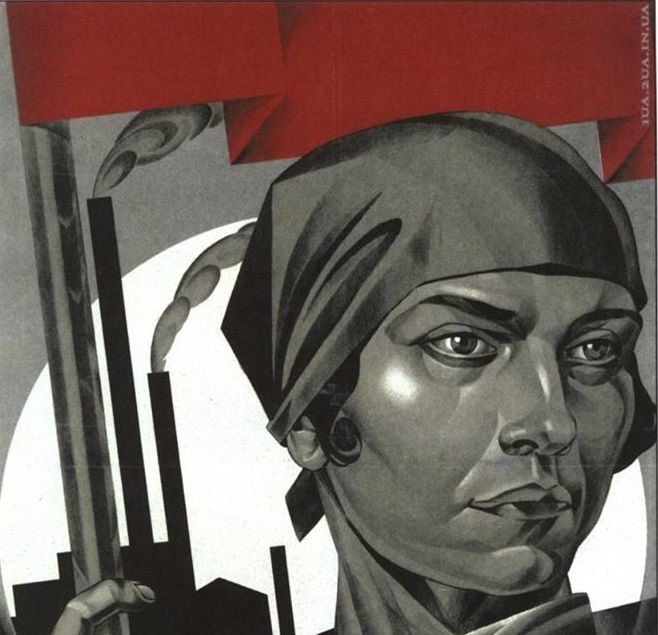Identity & oppression
 For Marxists, the fight against oppression goes hand in hand with the class struggle. While we recognise that different groups in society suffer different forms of oppression, we affirm that this oppression is rooted in the class system itself. Racism, sexism, homophobia and transphobia are deeply ingrained in capitalist society. However, the Marxist method of historical materialism allows us to trace the roots of these ideas, looking at how they’ve evolved historically and the role they play in society today.
For Marxists, the fight against oppression goes hand in hand with the class struggle. While we recognise that different groups in society suffer different forms of oppression, we affirm that this oppression is rooted in the class system itself. Racism, sexism, homophobia and transphobia are deeply ingrained in capitalist society. However, the Marxist method of historical materialism allows us to trace the roots of these ideas, looking at how they’ve evolved historically and the role they play in society today.
No form of oppression is built into our DNA, nor naturally ordained. The systematic attack against specific groups was not possible before the emergence of the state and class society. As it developed, these ideas have helped uphold the position of the ruling class. In modern society, segregation, violence against women and disenfranchisement are all examples of ways to keep the working class divided, downtrodden and less able to organise against its common exploiter – the capitalist class.
In Lenin’s book, What is to be Done? he explains how uniting struggles is not the same as merging them all into each other. It is precisely this approach that we take in the fight against oppression. Using class methods, we seek to strike these forms of discrimination at their core. By pitting us against one another, the ruling class creates the idea that an individual worker can benefit from the oppression of another. This is a lie. All means of discrimination serve to put a constant downward pressure on conditions and quality of life for the working class, creating a race to the bottom. The only way to fight against this is to unite the workers of all nations, races, genders and sexualities along class lines. This is how we will ensure the full liberation of all of humanity.
